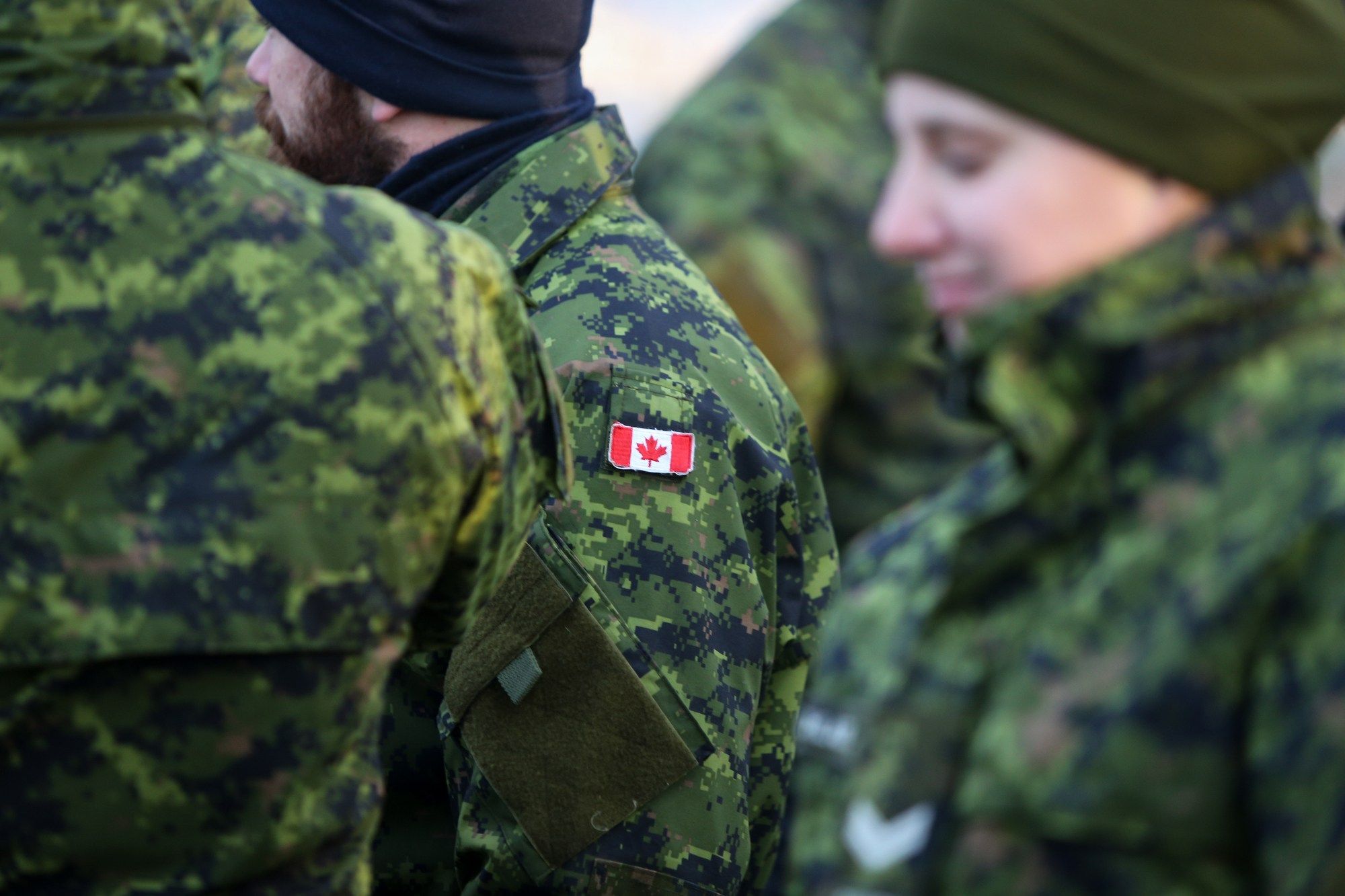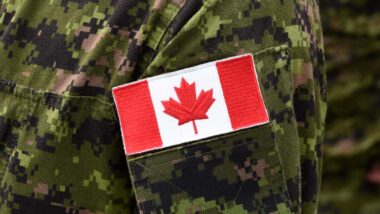Top Class Actions’s website and social media posts use affiliate links. If you make a purchase using such links, we may receive a commission, but it will not result in any additional charges to you. Please review our Affiliate Link Disclosure for more information.
A group of Canadian Armed Forces veterans are expected to file individual lawsuits over allegations that mefloquine, an anti-malaria drug they took while on active duty, caused severe side effects.
Global News Canada reports that over 1,200 veterans and active duty members of the military have shown interest in filing a mefloquine lawsuit. Reportedly, some military members suffered severe side effects including seizures, suicidal ideation, psychotic behavior, anxiety, paranoia, depression, and even hallucinations.
“This is a really emotional case for people,” a personal injury lawyer told Global News Canada. “Their lives have been impacted so severely, and this gives them some real skin in the game, in that they are playing a part of it, whereas, in a class action, you don’t really have that same feel and control.”
Mefloquine is a drug given to members of the military deployed to areas where they may be susceptible to catching malaria. Malaria is a disease caused by a parasite. It is transmitted by mosquitoes in tropical areas. Malaria affects hundreds of millions of people each year, killing hundreds of thousands. Children under the age of 5 are most susceptible to the disease, according to the World Health Organization.
The anti-malaria drug mefloquine prevents the disease by killing the parasite that causes malaria. The drug is taken once a week and should be taken one to three weeks prior to traveling to a place where malaria is common, according to MedlinePlus.
Mefloquine was reportedly given to members of the Canadian Armed Forces throughout the 1990s when they were sent to malaria prone areas. One veteran who says he plans to file a mefloquine lawsuit against the Canadian government says that he had a seizure when he took his first dose of the drug.
“We were told that we had to take the drug, or we weren’t allowed to deploy,” the veteran told Global News Canada reporters. “The first day I took the drug, I had my first seizure.”

One of the lawsuits details the administration of mefloquine to members of the Canadian Armed Forces as follows:
“Throughout the 1990s and continuing until 2003, over 90% of CAF Members who were deployed in regions where there was a risk of contracting malaria were ordered to take mefloquine. Between 2004 and 2009, the rate of prescription of mefloquine to CAF Members serving in malarial regions was approximately 50%. By 2016, that number dropped to less than 2%. In June 2017, DND announced that mefloquine would no longer be prescribed unless either a CAF Member requests it, or as a last resort if it is not possible to prescribe other anti-malarial drugs because of contraindications.”
Veterans who took the drug in the 1990s before being deployed to Somalia in 1992 and 1993 say that they were forced to take it as a part of an incorrectly conducted clinical trial. In addition to failing to obtain the consent of the military members, the veterans say they were not informed of the side effects and told to avoid alcohol while taking the drug. They also say that they were not monitored or provided treatment when they did suffer side effects.
The mefloquine lawsuits will reportedly argue that the Canadian federal government failed to meet its duty of care when it came to members of the military prescribed the drug.
The veteran of the Canadian Armed Forces who alleges he was forced to take mefloquine before he deployed to Somalia told Global News Canada reporters that he suffered severe side effects in the years since. Side effects for this veteran reportedly include depression, continued seizures, and others.
“It’s the uncontrollable rages, the balance and dizziness issues, the chronic gut issues, the sensitivity to light, the numbness and tingling in my extremities — that’s the mefloquine stuff,” the veteran told reporters, noting that since he received treatment for a brain injury, his symptoms have finally, after 14 years, improved.
“I want treatment. I want brain injury specific treatment.” said the veteran, according to Global news. “It would be nice to have my life back.”
At this point, lawsuits have been started by those deployed in Somalia, Africa, Afghanistan, and Rwanda.
Have you or a loved one suffered side effects after taking mefloquine as a member of the Canadian Armed Forces? Tell us your story in the comment section below!
ATTORNEY ADVERTISING
Top Class Actions is a Proud Member of the American Bar Association
LEGAL INFORMATION IS NOT LEGAL ADVICE
Top Class Actions Legal Statement
©2008 – 2024 Top Class Actions® LLC
Various Trademarks held by their respective owners
This website is not intended for viewing or usage by European Union citizens.


















14 thoughts onCanadian Armed Forces Veterans Set to File Lawsuits Against Mefloquine
Rwanda 1994 we were forced to take it, with the only choice to be sent back if refusal to take it!
I was deployed in Bonsia 93 and 95, Haiti 97, and Afghanistan 04 and 08. Can anyone tell me the chances that I was treated with mefloquine? I suffer from PTSD and my memory is pretty shot. So if anyone has any idea where or how I can find this information that would be great. I remember two types of antimalarial Chloroquine and Mefloquine. Not sure when and where they were distributed for deployments.
Thanks in advance for your help.